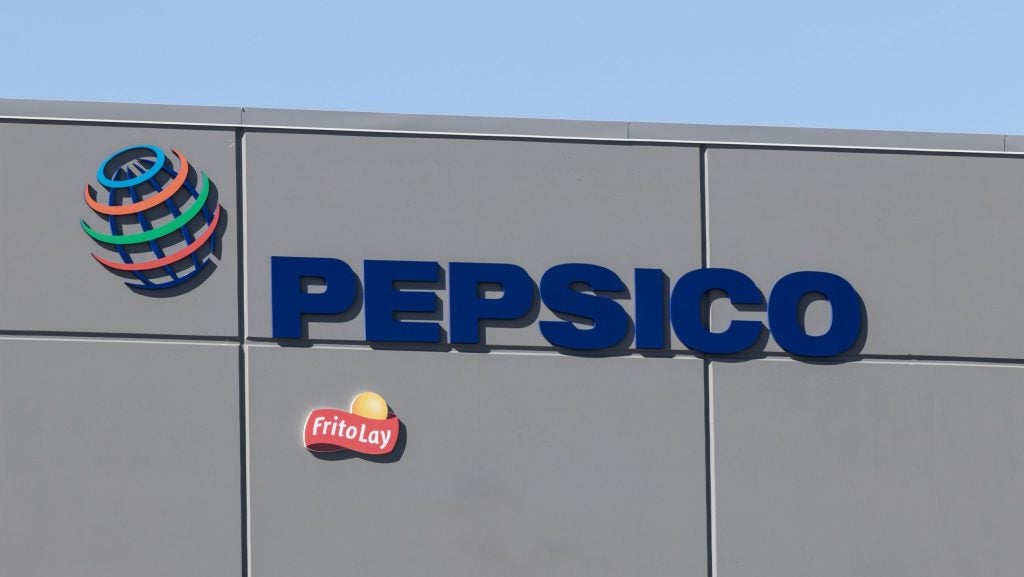Aleph Farms has asked the UK’s food regulator for approval to sell its cell-based meat.
The Israel-based business’ application follows its submission last month in Switzerland, another European country outside the EU. Aleph Farms wants to launch its Aleph Cuts product in both markets.
Set up in 2017, the company has secured investment from backers including agri-food giant Cargill, Brazilian meat group BRF and seafood heavyweight Thai Union Group.
Aleph Farms estimates the UK’s Food Standards Agency (FSA) will take up to two years to consider the application.
In a brief statement, the FSA confirmed it had received Aleph Farms’ submission. The agency said it could not comment further until the application is entered onto a publicly available “register of regulated product applications”.
So far, only Singapore and the US have approved cell-cultivated food for commercial sale.
In June, in what was described as a “watershed moment” for the industry, US companies Upside Foods and Good Meat were cleared to start selling cultivated chicken in the country following a four-year joint regulatory process by the US Department of Agriculture and the Food and Drug Administration. Both companies have launched products at a small number of select restaurants.
The Good Food Institute, an NGO advocating for alternatives to conventional protein, welcomed Aleph Farms’ application in the UK but urged the country to press on with planned changes to rules surrounding novel foods.
“Once approved by regulators, British consumers will be able to enjoy their favourite beef dishes, made in a way that could slash climate emissions and create space for more sustainable farming. Cultivated meat represents a huge opportunity for the UK to enhance its food security and create future-proof green jobs,” Seth Roberts, policy manager at the GFI’s European office, said.
“It's crucial that the UK stays on track with its planned reforms to the novel foods regulatory framework. Several British cultivated meat companies are making great progress but are considering launching their products overseas. The Food Standards Authority should accelerate constructive conversations with industry, scientific experts and consumer groups to inform a trusted, innovative framework for sustainable proteins that enables them to deliver on their climate benefits.”
In April, plans were announced in the UK to set up a Cellular Agriculture Manufacturing Hub to develop cell-based proteins. The hub will investigate how to manufacture cell-based meat at scale.
Other academic institutions in Europe are working to build the knowledge base in the fledgling area of cell-based agriculture and alternative proteins.
Last month, Aarhus University in Denmark is researching ways of cutting the costs of cell-based food production.
Conversely, in March, the Italian government announced plans to ban cell-based food in order to protect the country’s food traditions.
[Link src="https://www.just-food.com/comment/us-cultivated-meat-pioneers-need-retail-the-time-to-move-is-now/" title="Opinion: US cultivated-meat pioneers need retail. The time to move is now" font-size="20px"]













